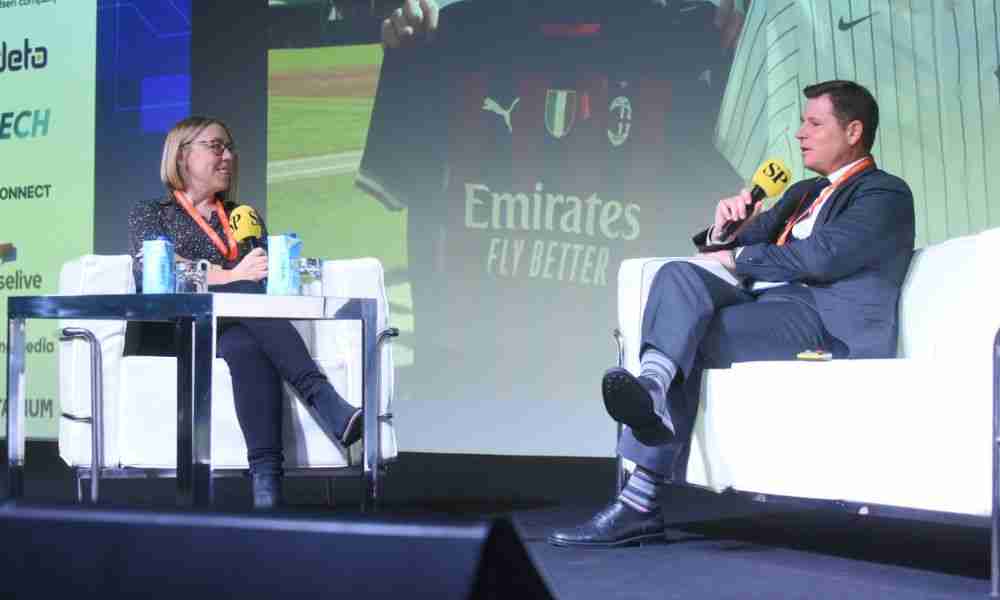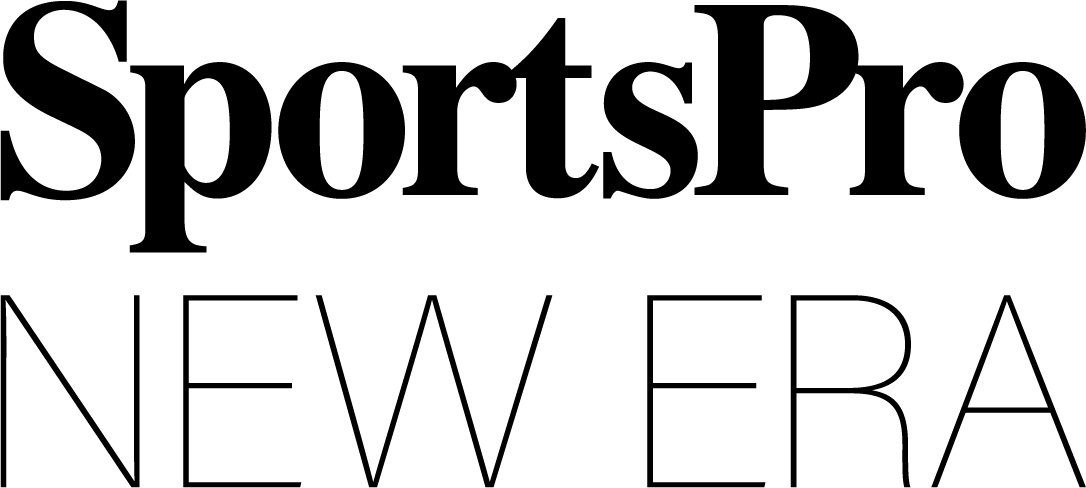There are signs that sporting organisations are taking strides to improve their gender hiring practices, but the traditionally male-dominated sports business can still be an intimidating place for young women making their way in the industry.
In fact, one challenge that a number of aspiring female sports executives identified during the application process for SportsPro’s New Era programme was building a personal brand and network. Making your voice heard and introducing yourself to new people can be a daunting prospect when starting out in any line of work, but it is arguably even more of a hurdle for women in rooms full of men.
In the first instalment of a new quarterly roundtable series, three members of the New Era steering group explain how they have gone about building their own profiles and making connections during their career, share tips they would offer women starting out in the industry, and outline how organisations can better promote their female talent.
The contributors
Johanna Faries, Senior Vice President and General Manager, Call of Duty, Activision Blizzard
Sharon Fuller, Co-Founder, Rational Collective
Melissa Soobratty, Senior Media Director, World Table Tennis
What advice would you give to young women starting out and looking to build their personal brand in the sports industry?
JF: Focus on doing the best you can with what’s right in front of you, no matter how ‘small’ you may feel a certain task is. I find that sometimes focusing too much on your very long-term career goals can distract you from fully maximising your present day opportunities. Furthermore, one’s career path can often evolve in surprising and expansive ways, especially if you remain open to the growth that each new project and role can bring your way. Remain focused but flexible, and take care of the small things in pursuit of bigger things.
SF: Approach yourself in the way that you would a client, be clear about your values and what you stand for and think about how that impacts everything that you do. Don’t worry if it takes time to figure this out as it will evolve over your career as you grow and gain experience.
MS: A personal brand is the unique combination of skills and experiences that make you who you are. It’s how you present yourself to the world. Review your values, skills and experiences; your goals and aspirations; how you show up in the world; and your reputation. Explore how to build upon those via expanding your network, being mentored, education etc.
Work out what it is that you stand for. Get recognised for what you do. Find/do work that aligns with your strengths/values. You can start by including that within your LinkedIn profile description. Here’s mine: Passion for innovation, levelling the equality and diversity playing fields through empathetic leadership and supporting new talent to rise. Own the narrative and share what you love.

Faries believes that stepping out of your comfort zone will help to develop new skills in the long run
How have you personally gone about building your network and profile during your career? Are there any techniques, experiences or opportunities that have been valuable for you?
SF: The industry is small and your career is long. Always take the call when you are starting out. Be good to good people as you never know where they will be in the future, whether they are pitching to you or are someone looking for their first step by volunteering at a conference you are attending. It is worth volunteering to help someone or go out of your way to share some knowledge that might help people. Take advantage of opportunities you are approached about even if you believe it is because you are female.
MS: Attend conferences and ask questions, and always introduce yourself so that people can identify you. Put yourself forward for speaking opportunities/panel discussions/roundtables. Join interest groups on LinkedIn, which is a powerful personal branding tool. If used regularly and strategically, there are benefits for your brand, networking opportunities and reach.
JF: One can build a powerful and authentic network without overtly ‘networking’ in the traditional sense. I say this from personal experience because I am a pretty extreme introvert, so small talk at traditional industry events is not necessarily my favourite activity!
Fostering true trust, collaboration, mutual respect, and support for others can happen when you commit to being present to others in conversation, and listening and empathising with people’s needs and pursuits without an explicit agenda of your own. Genuine connection and respect often flourishes when words and actions align as consistently as possible, and when we remember that at the end of the day, most people along your career path are, like you, simply trying to achieve their very best.
What role can sports organisations – whether they be rights holders, brands, broadcasters, or service providers – play in better promoting their female talent?
MS: Share and publicise their employees’ success. Not all companies highlighted that their employees had been chosen for the SportsPro New Era programme, be it as a mentee or part of the steering group.
Be more inclusive in making employees feel heard, whether it’s by creating a safe space for female talent to feed back or developing learning opportunities, such as shadowing senior colleagues, internal networking, company mentorship schemes or nominating them to represent the company externally. This would ensure that the organisation is equally represented – i.e. not male top-heavy at a senior level – so that there are female leaders to inspire within.
By creating an environment (or atmosphere) where everyone can learn and advance within their careers, no matter their gender, position, tenure, etc., you can create a place for growth, innovation, creativity, and long-term success.
Thanks to everyone who joined our first ever #SPNEWERA CONNECT, where Steering Group member @MSBennyBonsu explored the value of building your personal brand and network!
— SportsPro (@SportsPro) November 18, 2022
Want to learn more about NEW ERA Connect? Join the NEW ERA Community 👇
JF: Hire, develop, promote, compensate equitably, and actively sponsor women leaders throughout your organisation whenever possible, especially if your company lags in terms of world class diversity, equity, and inclusion benchmarks.
While it always takes individual employee excellence to deliver great outcomes, it is just as important that organisations provide the systems, norms, psychological safety, and resources required to help continually grow and develop women’s professional ascension. No one rises alone. And we all know by now that diverse teams deliver the best results, so this should be an opportunity that organisations embrace as much as possible for the health of their respective businesses.
SF: I always hear that women in the workplace in our industry struggle to be heard or feel that their experience is underestimated. It’s important to have more diversity in visible leadership roles to enable businesses to make better educated decisions but also that the leadership group in any organisation has those that feel confident to challenge behaviour that they see without fear or repurcussions. Creating a culture where people feel psychologically safe should always be the ambition.
Sport is a traditionally male-dominated environment where it can often be difficult for women to make their voice heard. What is the key for female executives looking to stand out in both internal and external work environments?
JF: Aim to build and maintain strong working relationships at the peer, manager, reporting, and industry contact levels alike. A diverse range of mentors and advocates can be an important way to understand different approaches, gather more comprehensive feedback, and to keep a wide-ranging perspective to the work at hand. Ultimately, results matter too, so make sure to prioritise making your content and craft stronger as you go. The combination of strong acumen and strong relationship equity can help establish one’s credibility and leadership potential at a faster clip.
SF: I don’t think there is one way of doing this but I would recommend working out who your potential allies are and building relationships and trust in the broader organisation even if they are not in your direct line of management or department. People often forget to network internally at their own company.
MS: Knowledge/education – be better informed than your male colleagues and demonstrate your ability by becoming the go-to expert. I ensure that I am up to speed on all the sports events/results, watch highlights etc. so that I have an all-round general sports knowledge. I also keep up with industry press and podcasts.
Develop the skills needed to advance in your career, regardless of whether skills training is being offered. Play to the strengths that you already have. Own who you are and what you have to offer. Enlist the support of male colleagues to advocate for female staff and help create space for women to be heard.

Fuller on stage during a recent session at the SportsPro OTT Summit in Madrid
Would you recommend going outside your comfort zone? Be it through public speaking opportunities at events or simply voicing opinions during internal meetings?
SF: I always used to get really nervous attending meetings with important people, speaking on panels and speaking publicly in general. I still get nervous. I have to go and sit in the bathroom for five minutes and centre myself but the more you do it the easier it gets. You have to push yourself through it to be able to progress and don’t always wait for the ‘space’ in the conversation if you have a strong point to make, sometimes you have to make the space.
MS: Speak up – believe that your voice is worthy of being heard because it is. If you want something and if you have an idea, opinion, or issue, don’t be shy! Don’t be afraid to take risks. You learn more from making mistakes and open doors by asking.
JF: Embrace having the courage to step out of your comfort zone when necessary! And never be afraid to ask for guidance as you do it. It’s often scary to push new boundaries, but more often than not, it’s far more scary in your mind than in practice. Plus, the more often you do it, the easier and more normalised that skill becomes over time, and the easier it becomes to harness it as needed.
Taking innovative risks in pursuit of greater rewards doesn’t solely apply to companies; it also applies to individual employees, so do not hesitate to be courageous at times – you may suprrise yourself. Look for support and insight along the way, too. There are so many great minds and leaders who are more than willing to help you take on new challenges, so remember that even if it feels intimidating at first, you don’t have to go it alone.




